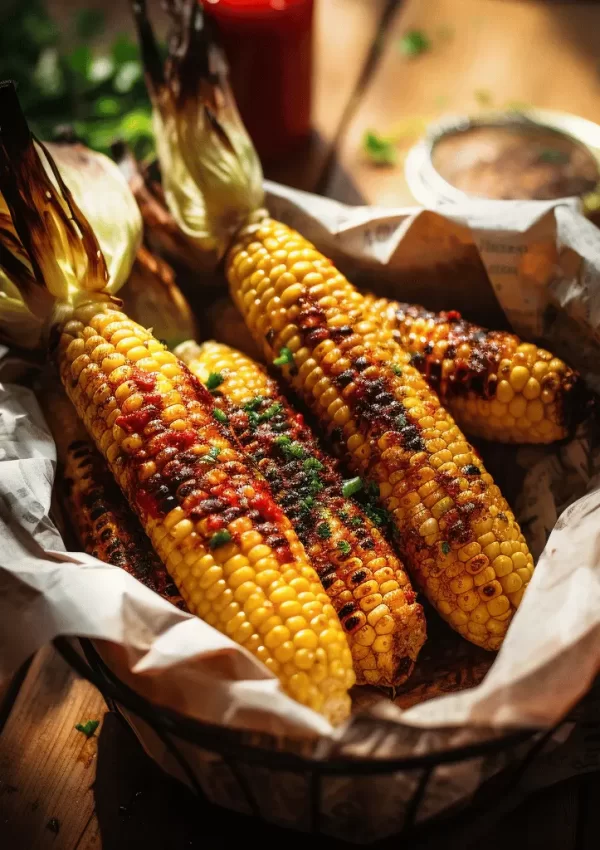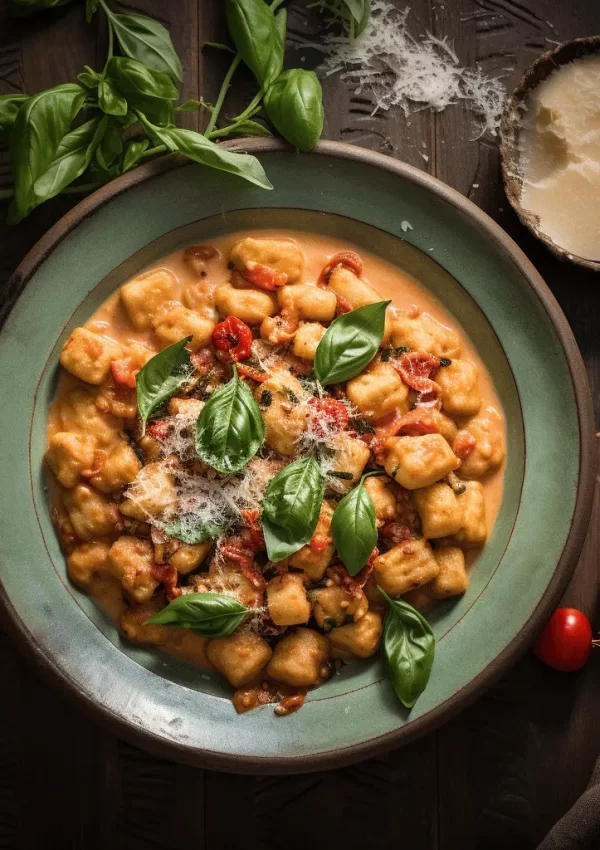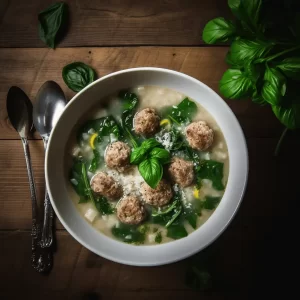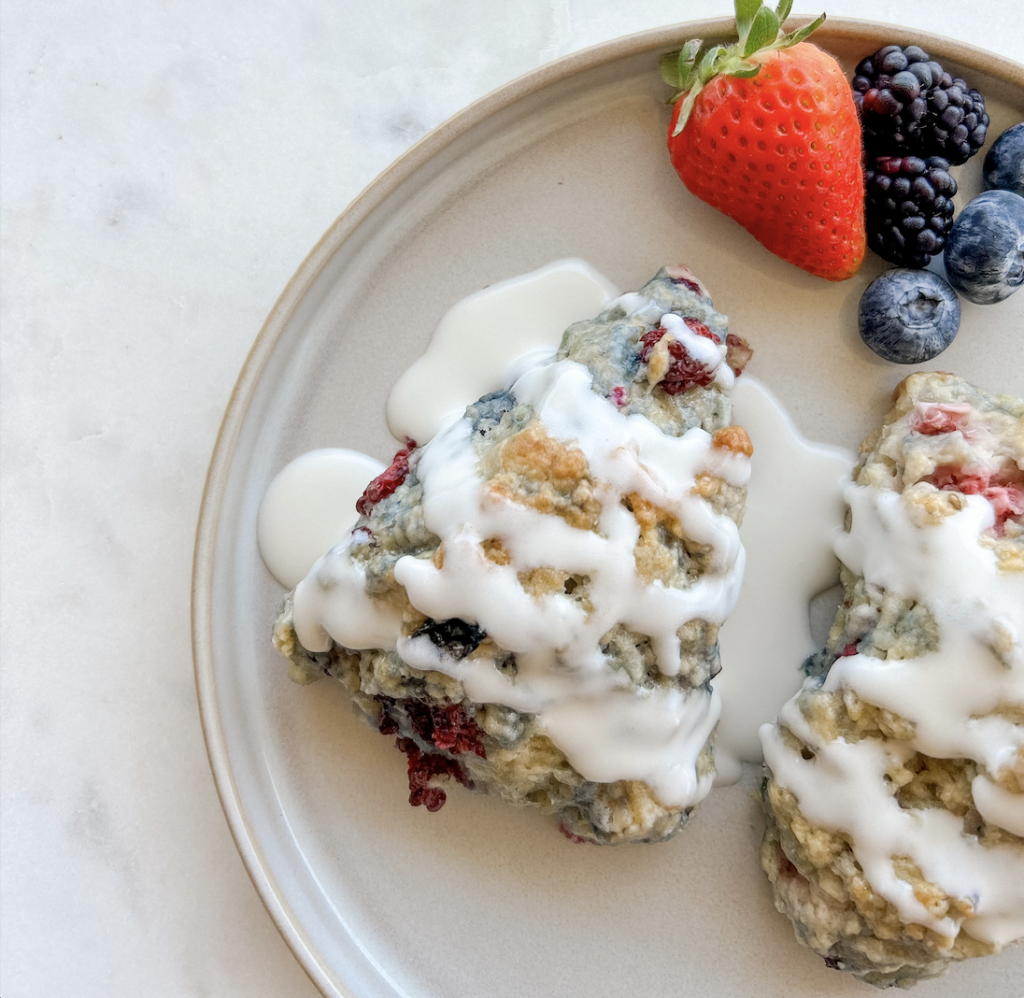Salata Baladi is the National Salad of Egypt. This recipe requires no cooking – just chopping! And it’s packed with tons of micronutrients!
This post contains affiliate links, which means I’ll receive a commission if you purchase through my link, at no extra cost to you. Please read the full disclosure here.
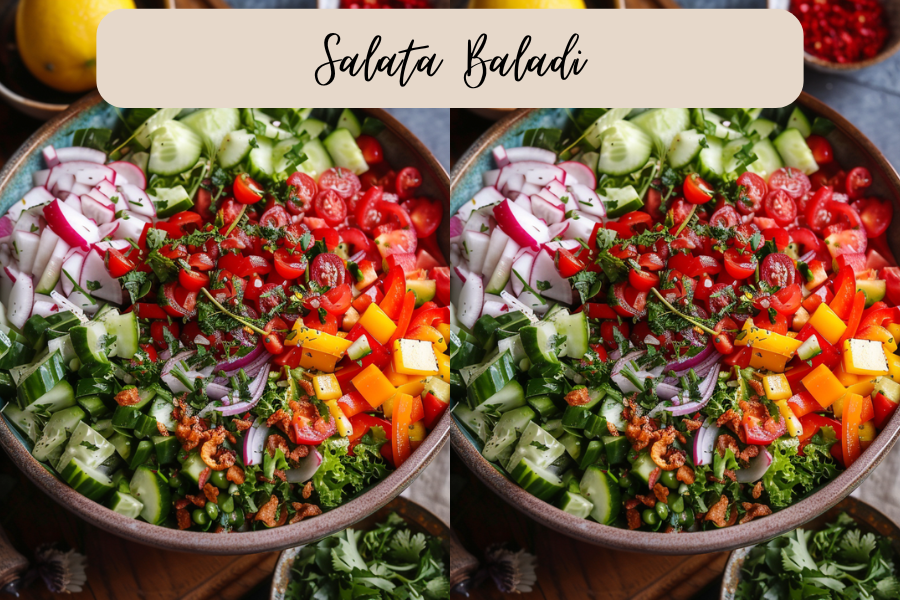
When developing my spice line, I knew I wanted a line of salt-free sugar-free seasonings from around the world. I wanted a mix of seasonings that would be familiar to my local community (like Cajun, Okie Rub, and Mexican) and a mix of seasonings that would encourage & inspire palate expansion (like my Thai, Moroccan, and Egyptian).
While developing my seasonings, I was very familiar with all of the different cuisines – besides Egyptian. I didn’t know anything about Egyptian cuisine. I had never been to Egypt or eaten any type of Egyptian food. A little research allowed me to fall in love with this unique cuisine and develop a spice that brings Egypt to the kitchen cabinets of everyday Americans.
In the USA, you can find many Indian or Thai restaurants. You can even find the occasional Ethiopian place. But I have never seen an Egyptian restaurant before! Egyptian food is not a common occurrence in the US. Most of us have never even thought about what Egyptian cuisine might contain, much less considered making Egyptian food at home. I think that’s why my Egyptian spice gets so much interest & attention, though, because it’s unlike anything on the market here!
Let’s dive into the flavorful journey of Salata Baladi, also known as the “Jerusalem Salad.” As you prepare to excite your taste buds with this iconic Egyptian dish, let’s delve into its rich history, diverse ingredients, variants, and some handy storage tips to keep your salad fresh and crisp.
This blog is all about Salata Baladi!
[the_ad id=”3378″]
Salata Baladi History
Salata Baladi holds a special place in Egyptian cuisine, embodying centuries of culinary heritage. Its roots trace back to the fertile lands of Egypt, where fresh produce thrived along the Nile River. The term “Baladi” translates to “local” or “traditional,” reflecting the salad’s deeply ingrained presence in Egyptian culture. Interestingly, it’s also affectionately referred to as the Jerusalem Salad, highlighting its widespread popularity across the Middle East.
Salata Baladi not only nourishes the body but also embodies the spirit of community and tradition. It has been enjoyed for generations, gracing family tables, festive gatherings, and bustling street markets alike. Beyond its culinary appeal, the salad reflects the agricultural abundance of the region and the resourcefulness of its people in creating simple yet satisfying dishes. Whether enjoyed as a light appetizer, a refreshing side dish, or a wholesome meal on its own, this iconic salad captures the essence of Egyptian culinary heritage in every mouthful.
What is Salata Baladi?
At its core, Salata Baladi is a celebration of simplicity and freshness. The star ingredients typically include ripe tomatoes, crisp cucumbers, crunchy onions, and vibrant parsley. These elements come together to create a symphony of flavors, enhanced by a zesty dressing of lemon juice, olive oil, salt, and pepper. Some variations may incorporate additional herbs like mint or cilantro for an extra burst of freshness.
[the_ad id=”3378″]
Exploring the Variants
While the traditional recipe forms the heart of Salata Baladi, its versatility allows for creative experimentation. One popular variant includes the addition of tangy feta cheese or creamy labneh, adding a delightful creaminess to the ensemble. Others may opt for a spicy kick by introducing diced chili peppers or a sprinkle of sumac for a tangy twist. Regardless of the variation, the essence of Salata Baladi remains rooted in its vibrant medley of fresh, locally sourced ingredients.
Equipment Needs
Since this recipe requires no cooking – just chopping – the ingredient needs are pretty straightforward:
*Choosing to shop through the links below directly supports this blog through a small commission at no extra cost to you
- A sharp knife – for chopping
- Cutting boards – for chopping
- A salad bowl – for serving
[the_ad id=”3378″]
Storage Tips for Freshness
To ensure your Salata Baladi stays crisp and flavorful, consider these storage tips:
- After preparing the salad, store it in an airtight container in the refrigerator.
- It’s best enjoyed fresh, so aim to consume it within a day or two for optimal taste and texture.
- If you’ve dressed the salad, store any leftovers separately from the dressing to prevent wilting.
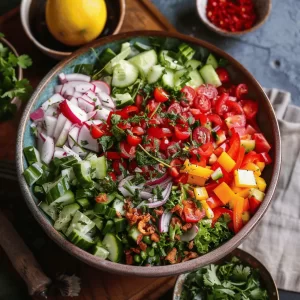
Salata Baladi (National Egyptian Salad)
Ingredients
Classic Recipe
- 4 ripe Roma tomatoes, diced
- 2 cucumbers, diced
- 1 small red onion, thinly sliced
- 1 cup fresh parsley, chopped
- 2 lemons, juiced
- 3 tbsp extra-virgin olive oil
- 1/2 tsp The Spice Girl Kitchen Egyptian Seasoning
- Salt and pepper to taste
Optional Add-ins
- 1/2 cup crumbled feta cheese or diced labneh (strained yogurt)
- 1 tbsp fresh mint or cilantro, chopped
- 1 small chili pepper, finely diced (for spice lovers)
Instructions
- In a large mixing bowl, combine the diced tomatoes, cucumbers, sliced red onion, and chopped parsley. If using any optional additions like feta cheese or herbs, add them to the bowl as well.
- In a small bowl, whisk together the lemon juice and extra-virgin olive oil to create the dressing. Season with Egyptian seasoning and salt and pepper to taste.
- Pour the dressing over the salad ingredients in the large mixing bowl. Gently toss the salad until all the ingredients are evenly coated with the dressing.
- Taste the salad and adjust the seasoning, if needed. Serve and enjoy!
Notes
Storage Tips for Freshness
To ensure your Salata Baladi stays crisp and flavorful, consider these storage tips:- After preparing the salad, store it in an airtight container in the refrigerator.
- It's best enjoyed fresh, so aim to consume it within a day or two for optimal taste and texture.
- If you've dressed the salad, store any leftovers separately from the dressing to prevent wilting.
This post was all about Salata Baladi.
Did you make this recipe? Make sure to tag me @thespicegirlkitchen_ on Instagram or @thespicegirlkitchen on TikTok! I love seeing your recreations! I will be your ultimate hype woman!
Want to learn more about Kelsey? Click here to read her story!


